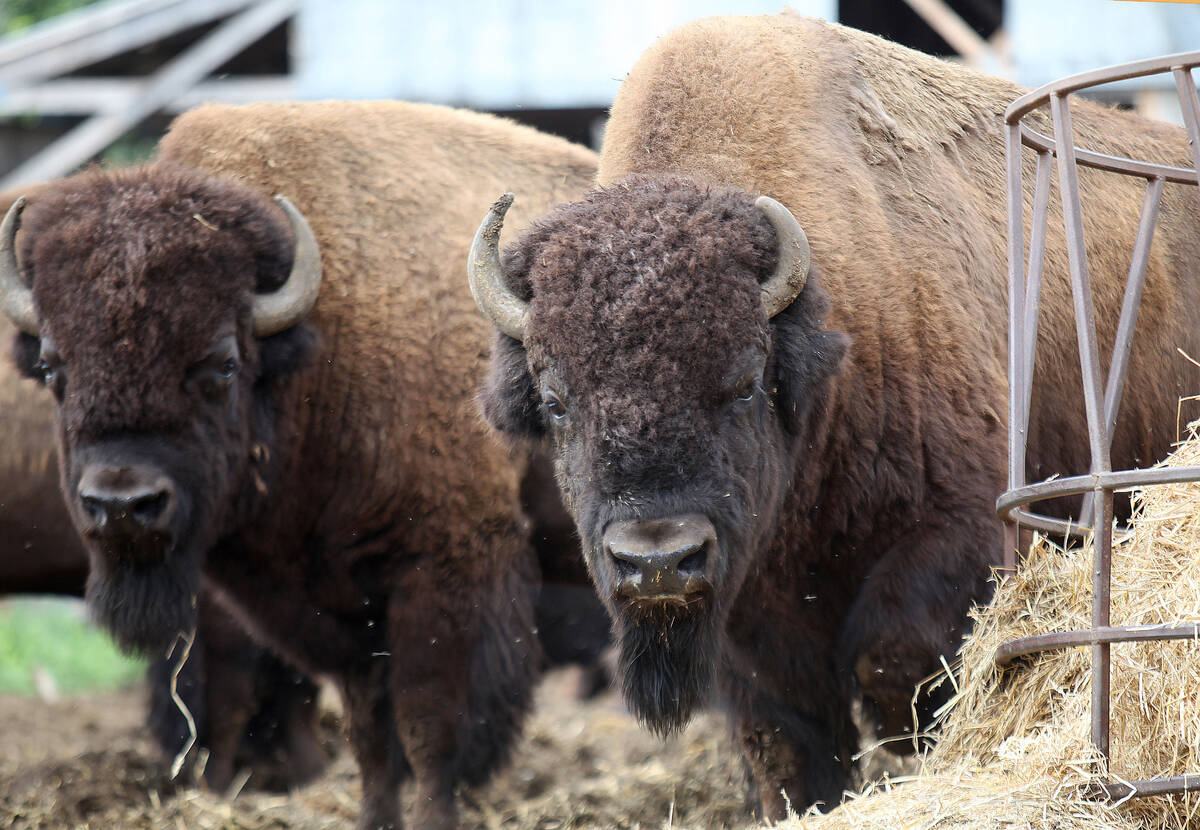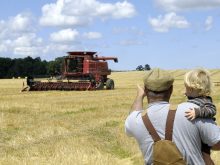Anyone with a modest amount of historical knowledge knows that Canada’s Indigenous populations have a long and rich history tied to the land and agriculture.
Indigenous communities in North America were cultivating crops such as potatoes and corn long before anyone from Europe had heard of the crops. Materials from the Manitoba Museum cite evidence of agriculture in the eastern United States dating back 3,800 years.
More locally, bison scapula bones found in Gainsborough Creek in 2018 showed convincing evidence of pre-European contact farming in the Melita, Sask., region.
Read Also

High prices see cow-calf producers rushing to incorporate
Farm accountants are reporting a steady stream of cow-calf producers rushing to get their operations incorporated ahead of selling their calves this fall.
As well, agriculture was an undisputedly big part of the Métis way of life in the Great Lakes region. Farms surrounded fur trade posts, and some cereals were being farmed in the 1830s.
When it comes to reconciliation, agriculture presents a unique challenge. How can the treaty rights of Indigenous peoples be honoured in a way that gives them a proper seat at the table when it comes to farming in Canada?
It’s something that groups such as the Southern Chiefs’ Organization (SCO), headed by Grand Chief Jerry Daniels, and the Manitoba Métis Federation (MMF), with its agriculture minister, David Beaudin, have been working on for years. I recently had a chance to speak with both about why they feel agriculture is so important, and what still needs to be done.
Daniels and Beaudin share views on several pivotal issues, including engaging youth and the continued importance of food security.
Several programs funded by the Sustainable Canadian Agricultural Partnership are currently available that would partner with Indigenous communities, such as the Indigenous Agriculture & Food Systems Program and the Indigenous Agricultural Relationship Development Program. Eligible activities include: revitalizing traditional food systems; training, skill and resource development; climate change adaptation; increasing Indigenous participation in agriculture; engagement between industry, academia and Indigenous people; and the development and delivery of engagement activities.
I was unable to find a list of specific projects that have benefited, although Manitoba agriculture minister Ron Kostyshyn highlighted Fox Lake Cree Nation’s Food for All program and collaboration with Brokenhead Ojibway First Nation, Sandy Bay Ojibway First Nation and the SCO on bison-related projects.
Meanwhile, both the MMF and the SCO have made strides toward agricultural autonomy through their own programming, including garden box programs, community gardens, climate action plans, bison herds and lobbying for more access to crown lands.
It seems like both Indigenous organizations and the Manitoba government are eager for relationship building and programming designed to reclaim agricultural traditions tied to local Indigenous history and culture.


















